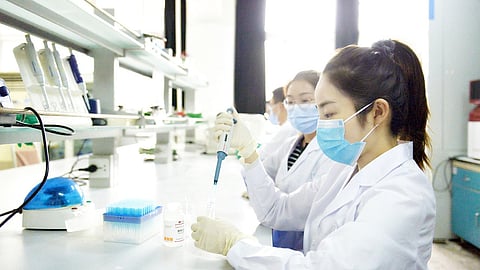Dr. Shelja Chauhan, BAMS, PGDCR, shared her opinion with MedBound Times regarding the decision made by ICMR, saying, "Ayurvedic medicines have a long history of safe use, but their interaction with modern treatments still needs careful study. Instead of exempting them from extra safety tests, it’s wise to use traditional knowledge with additional research when necessary."
Integrative Medicine (IM) follows a multimodal treatment strategy, integrating Ayush systems with mainstream medical interventions to enhance patient care and health outcomes. As the world becomes increasingly interested in holistic and personalized healthcare, it is important to have ethical and regulatory clarity to ensure safety, credibility, and efficacy of integrative medical practices.
Highlighting the importance of these updates, Vaidya Rajesh Kotecha, Secretary, Ministry of Ayush, observed that these ethical guidelines are a significant step towards bringing credibility and trust within the scientific fraternity. According to him, "By giving a formal ethical framework, we want to encourage researchers to develop evidence-based integration of modern and traditional medicine so that safe, efficient, and scientifically proven healthcare solutions could be made available to everyone."
(Input from various sources)
(Rehash/Sai Sindhuja K/MSM)


